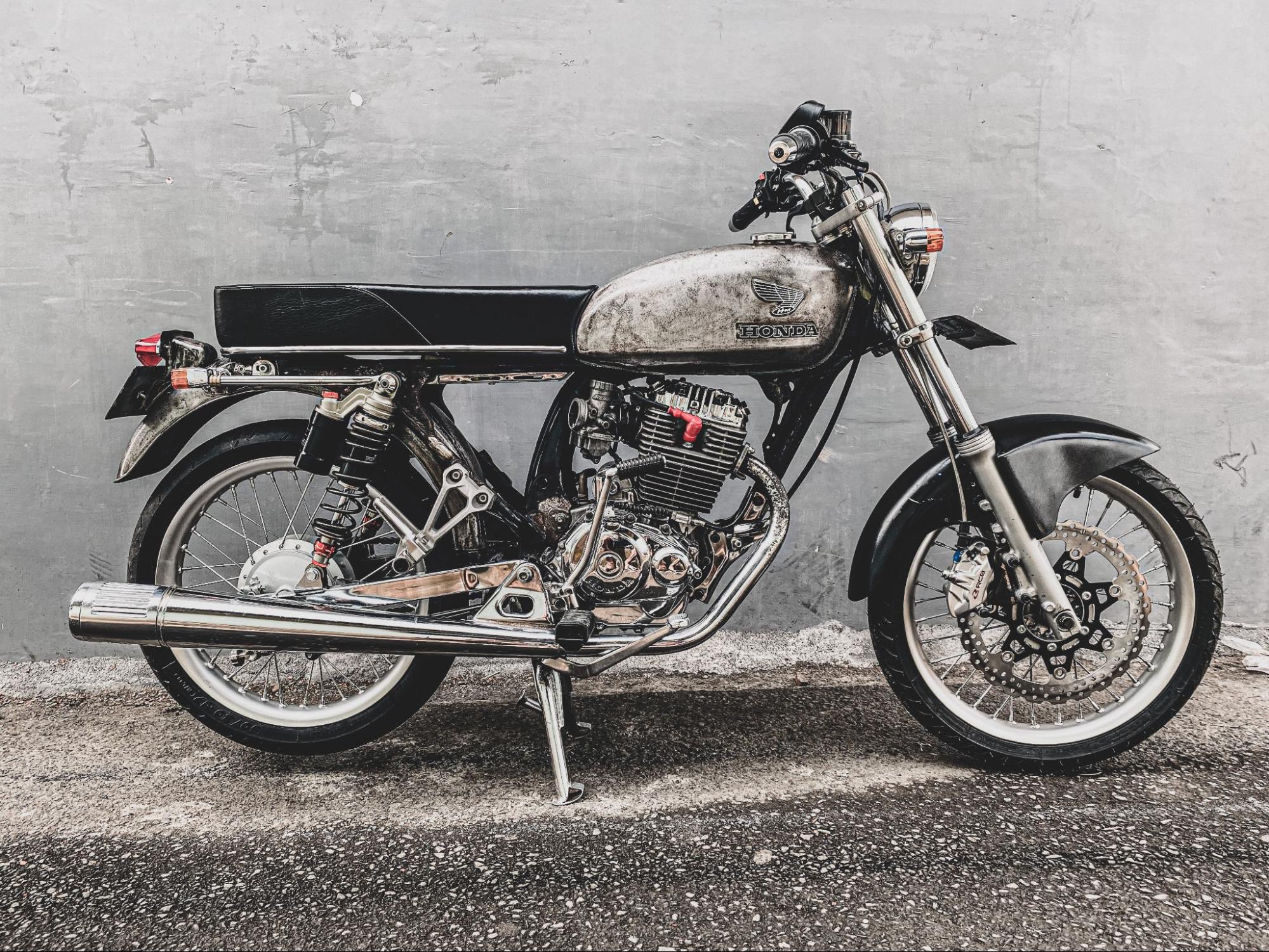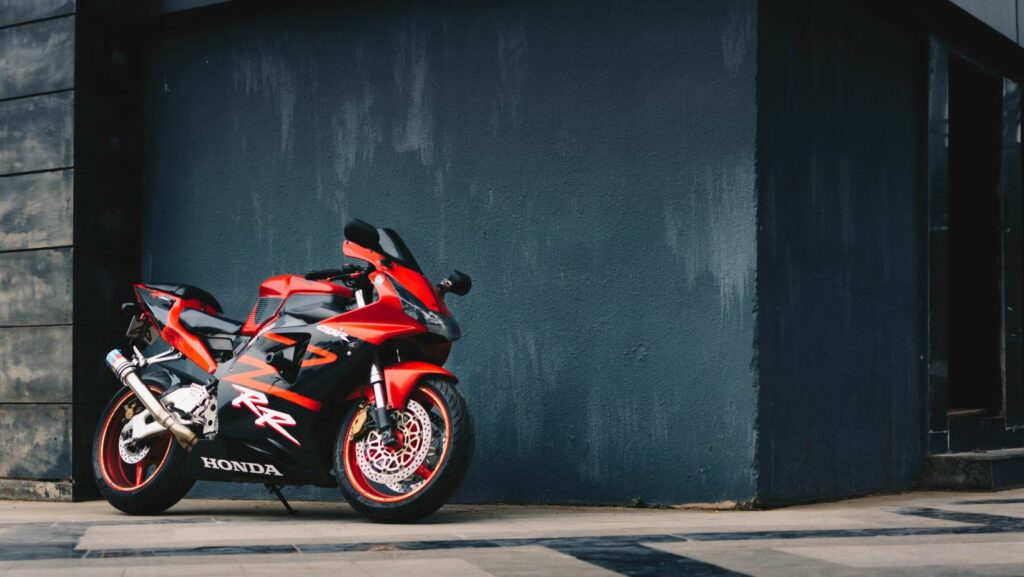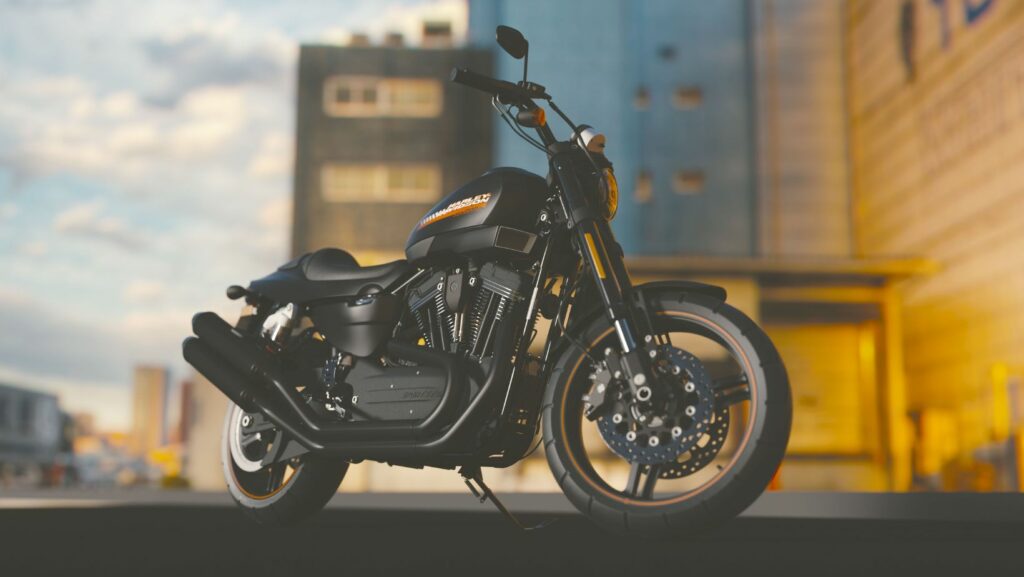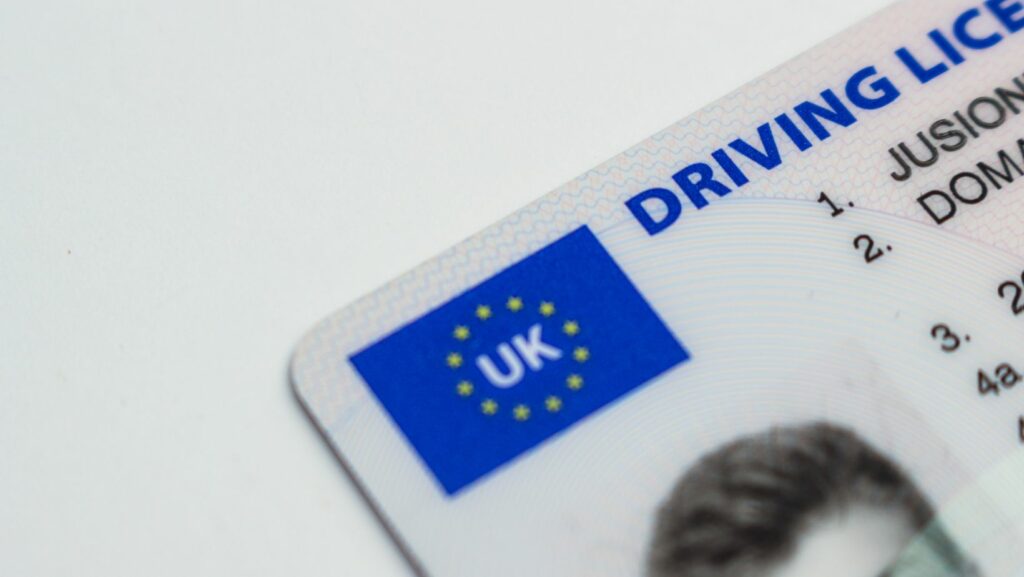Honda Motorcycle Antifreeze
As someone who’s been around motorcycles for quite a while, I’ve learned that not all antifreeze is created equal. When it comes to Honda motorcycle antifreeze, there are several different types to consider. Understanding these variations can make a big difference in how well your bike runs, and how long it lasts.
The first type of Honda motorcycle antifreeze that I’d like to talk about is the standard ethylene glycol-based coolant. This is a common choice for many bikers due to its effective heat transfer properties and wide availability.
However, Honda also offers propylene glycol-based coolants which are known for their non-toxic nature and environmental friendliness. These might be pricier but they’re worth considering if you’re mindful about ecology or have pets at home since this kind of antifreeze is less harmful when ingested.
Lastly, there’s the more specialized hybrid organic acid technology (HOAT) coolant that contains additives specifically designed for Honda engines. This type of antifreeze often provides superior protection against corrosion and extends the life of your cooling system components.
In conclusion, understanding the different types of Honda motorcycle antifreeze isn’t just beneficial—it’s essential! Whether you’re concerned about performance, safety or eco-friendliness, there’s an option out there tailored to meet your specific needs.
Understanding Antifreeze Importance in Honda Motorcycles
Let’s take a moment to delve into the importance of antifreeze in Honda motorcycles. It’s an essential component that many riders often overlook. The heart of your motorcycle, the engine, generates a substantial amount of heat during operation. Your antifreeze plays a critical role here, managing this heat and ensuring that your engine runs smoothly.
A common misconception is that antifreeze is only necessary for colder climates or winter riding. But it’s more than just preventing freezing; it acts as a coolant, reducing overheating during those high-speed rides on hot summer days too. In short, without proper liquid-cooled protection from antifreeze, you’re risking serious damage to your bike.
Choosing the right type of antifreeze for your Honda motorcycle isn’t something to be taken lightly either. From Ethylene Glycol based products to Propylene Glycol ones – there are several different types of Honda Motorcycle Antifreezes available in the market today. Be sure to use one compatible with your specific model to ensure optimal performance and longevity.
Honda motorcycles have their own unique set of requirements when it comes to antifreeze selection and maintenance practices:
- Check levels regularly: An easy but crucial habit all riders should adopt.
- Flush periodically: Over time contaminants can build up affecting efficiency.
- Use recommended products: Always stick with what’s proven best for Hondas.
Remember folks – maintaining an optimal temperature within our engines isn’t about convenience; it’s about protecting our investment and ensuring we get where we’re going safely every day on the road!

The Role of Antifreeze in Engine Cooling
As a motorcycle enthusiast, I can’t stress enough how vital antifreeze is to your Honda’s engine cooling system. It’s not just some colorful liquid you pour into your bike and forget about it. Its role is more significant than you might think.
The primary job of antifreeze is to regulate the engine temperature and prevent overheating. Imagine cruising down the highway on a hot summer day; without an effective coolant, your Honda’s engine could get too hot, causing extensive damage. That’s where antifreeze comes into play – it circulates through the engine, soaking up excess heat and carrying it away from vital components.
But that’s not all there is to this magical elixir; its purpose extends beyond mere cooling. In colder climates or during winter months, antifreeze prevents the water in your engine from freezing solid – hence the name! If water freezes inside your bike’s cooling system, it could lead to catastrophic failure due to expansion pressure.
Let me also mention that another critical function of antifreeze use in our Hondas is corrosion prevention. Over time, metal parts within the engine can corrode due to moisture exposure. Luckily for us riders, most types of motorcycle antifreeze contain special additives which protect against rust and corrosion.
Now let’s briefly touch on different types of Honda motorcycle antifreeze:
- Ethylene Glycol: This type is known for its high boiling point and excellent freeze protection properties.
- Propylene Glycol: Less toxic than ethylene glycol but offers similar benefits.
- Organic Acid Technology (OAT): This long-lasting formula provides superior protection against rusting and corrosion.
Each type has its pros and cons depending on various factors like climate conditions or specific model requirements. So next time you’re topping off your coolant reservoir or planning a complete flush-and-fill, remember how crucial this often overlooked fluid really is for your ride.




